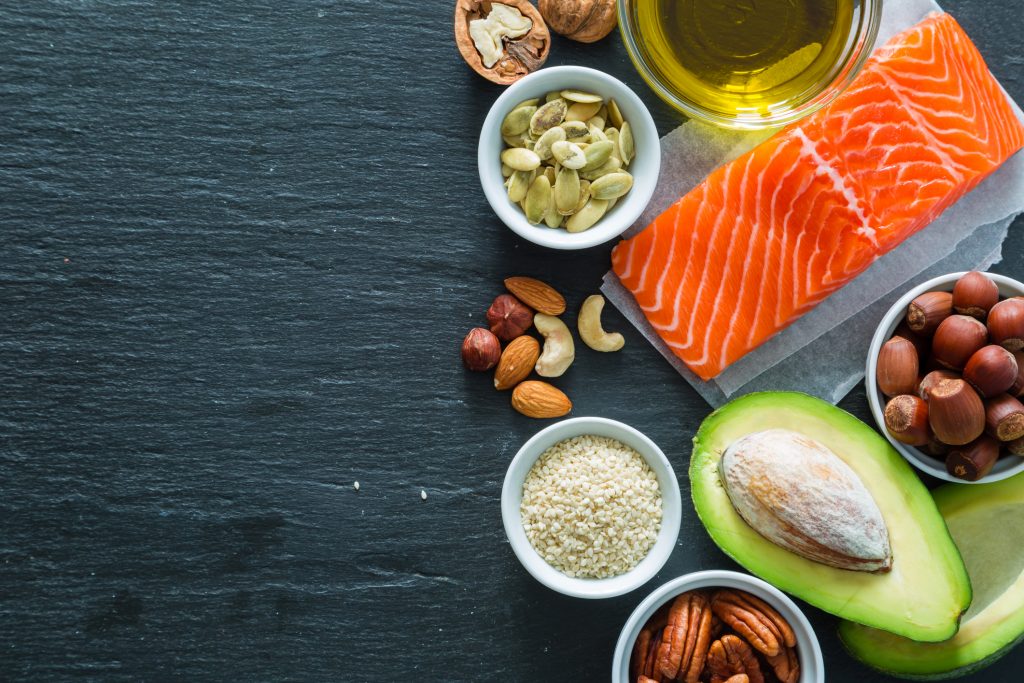There’s a lot of talk at the moment about ‘ketogenic’ (high fat) diets. According to the hype, these diets can pare off the pounds and improve your health. Various high profile figures have come out in favour of ketogenic eating, including Kim Kardashian and Gwyneth Paltrow.
Some, however, are dubious. Proponents of plant-based diets have raised concerns about the inflammatory nature of ketogenic diets (which often put a lot of emphasis on meat and animal products). Many doctors have also warned that fat-heavy diets like the Atkins could lead to heart disease.
For the ordinary consumer, this is all pretty confusing. How is a person to know whether a high fat diet will help them lose weight, increase their risk of heart disease, make them add the pounds, or do nothing at all?



















